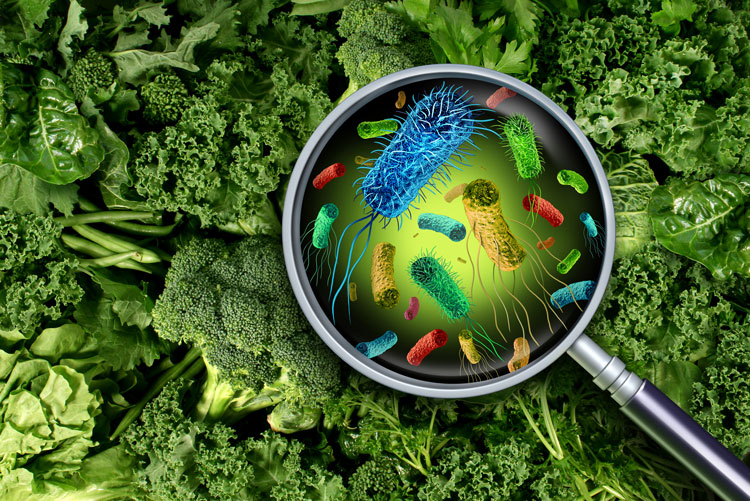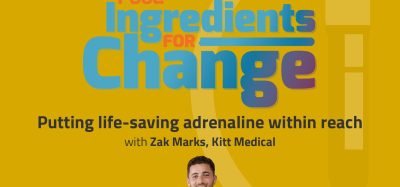Most of the world is worried about the safety of their food, finds study
- Like
- Digg
- Del
- Tumblr
- VKontakte
- Buffer
- Love This
- Odnoklassniki
- Meneame
- Blogger
- Amazon
- Yahoo Mail
- Gmail
- AOL
- Newsvine
- HackerNews
- Evernote
- MySpace
- Mail.ru
- Viadeo
- Line
- Comments
- Yummly
- SMS
- Viber
- Telegram
- Subscribe
- Skype
- Facebook Messenger
- Kakao
- LiveJournal
- Yammer
- Edgar
- Fintel
- Mix
- Instapaper
- Copy Link
Posted: 19 October 2020 | Mandy Parrett (New Food) | No comments yet
A new global study of worry and risk has revealed the global state of food and water safety.


The first of its kind, the Lloyd’s Register Foundation World Risk Poll, was conducted to assess worry and risk across the globe, with a view to ultimately engineering a safer world. Sadly, results show that currently most of the world is worried they will be harmed by the food they eat every day. Sixty percent of those surveyed worldwide say they are worried about the food they eat, and 51 percent are concerned about the safety of the water they drink.
And it seems there is grounds for their concern. Seventeen percent of poll respondents – equivalent to one billion people worldwide – suffered significant harm from the food they ate in the two years prior to polling, and almost as many – 14 percent (823 million) – have been seriously harmed by their drinking water.
Data from the Food and Agriculture Organization (FAO) of the United Nations shows that each year around three million people across the world die as a result of eating contaminated food and 600 million people fall ill. The World Health Organization estimates that a further 485,000 people die each year from drinking contaminated water.
Turning worried results to action
“The World Risk Poll gives us the first ever global view of people’s attitudes and awareness of the risks posed by unfit food and drink. By understanding how people view food safety risks, what they worry about and what they never consider, we can create interventions that are relatable and practical so people can act in their interests and keep safe and healthy,” says Markus Lipp from the FAO.
The poll indicates that the burden of food-related diseases is not spread equally across the world and is highly related to economic development levels, with low-income and middle-income countries disproportionately affected. The greatest levels of harm from food occur in East Africa (29 percent experienced harm) and the Middle East (27 percent experienced harm). Countries and territories that had experienced the most harm from food were those in the developing world, with Liberia (52 percent), Zambia (51 percent) and Mozambique (45 percent) being the most affected.
However, the study reveals that these same regions are far less likely to worry despite the levels of harm experienced; only 25 percent in East Africa and 22 percent in the Middle East.
Communication methods are key
“The results of the World Risk Poll also reveal that food safety authorities need to consider carefully the channels they use to disseminate crucial information if it is to be effective. They should seek out ways to build trust amongst the people most threatened by unsafe food and water, tailoring their messages and the communication routes to vulnerable people according to the different audiences they are addressing.”
Commenting on the global nature of today’s food economy and how it impacts us, Dr Sarah Cumbers, Director of Evidence and Insight, Lloyd’s Register Foundation, said, “Despite the global nature of the safety threat from contaminated food and water, policymakers and professionals have been hampered by the lack of rigorous and comprehensive data on the level and nature of hazards and the prevalence of associated illnesses. The World Risk Poll supports efforts to collect data on the safety threat of contaminated food and water.”
The poll was conducted by Gallup as part of its World Poll, with over 150,000 interviews completed in 142 countries.
Related topics
Related organisations
Food and Agriculture Organization of the United Nations (FAO), Lloyd's Register Foundation








